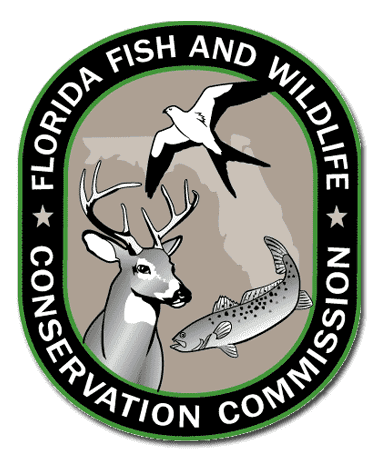22 New Florida FWC Officers Ready to Protect State’s People, Natural Resources


“Patrol, protect, preserve.”
The motto for the Florida Fish and Wildlife Conservation Commission’s (FWC) Division of Law Enforcement was on the minds of 22 new officers Friday when they graduated as the FWC’s 18th officer class.
At a ceremony at the Florida Public Safety Institute, near Tallahassee, they pledged their efforts to patrol Florida’s lands and waters and protect and preserve its people and resources.
Col. Jim Brown, director of the FWC’s Division of Law Enforcement, mentioned how FWC officers are the first point of contact most people have with the agency.
“This privilege carries great responsibility,” Brown said. “As they interact with the public, I know these new officers will uphold our values: integrity, professionalism, dedication and adaptability.”
As FWC officers, they will patrol Florida’s lands – nearly 54,000 square miles of it – as well as more than 12,000 square miles of water. Due to their jurisdiction and specialized training and equipment, they are often the first to be able to respond to boating accidents, missing boaters and lost campers, hikers and hunters. In 2011, FWC officers saved nearly 900 people during search-and-rescue missions.
“These officers will be protecting the ‘Fishing Capital of the World’ and one of the largest public hunting systems in the country,” said FWC Chairman Kathy Barco, the guest speaker at the ceremony.
The new officers began their training in December. The beginning part of each FWC academy teaches recruits basic law enforcement techniques and skills.
“During the final eight weeks of each academy, we focus on the unique information and skills it takes to be an FWC officer,” Brown said.
The specialized training involves firearms proficiency, wildlife identification, vessel operation, defensive tactics, all-terrain vehicle operation, detection for boating and driving under the influence and a focus on state and federal wildlife, fisheries and environmental laws.
The new officers will spend the next three months with a field-training officer and are assigned to the following counties:
- Oliver Adams – Monroe
- Justin W. Miller – Glades
- Megan Aswall – Martin
- Domingo Montalvo-Diaz – Miami-Dade
- Randall Bibler – Monroe
- Gregory Patterson – Highlands
- Adam Bunker – Miami-Dade
- Paige Pestka – Miami-Dade
- Jacob Cocke – DeSoto
- David Read – Broward
- John Conlin – Monroe
- Nicole Rodriguez – Broward
- Jeremy Deweese – Okeechobee
- Wayne Sapp – St. Lucie
- Sebastian Dri – Monroe
- Taylor Tison – Glades
- Matthew Griffis – Nassau
- Marcin Trawinski – Palm Beach
- Bryan Little – Miami-Dade
- Joshua Troiano – Monroe
- Justin C. Miller – St. Johns
- Clint Williams – Hernando

